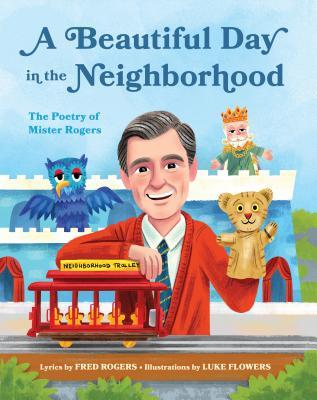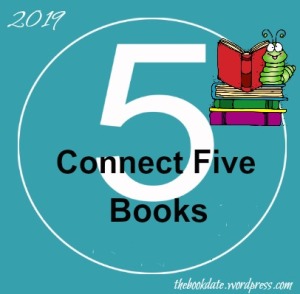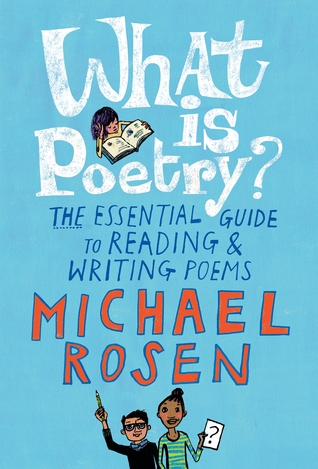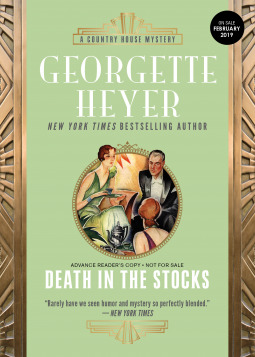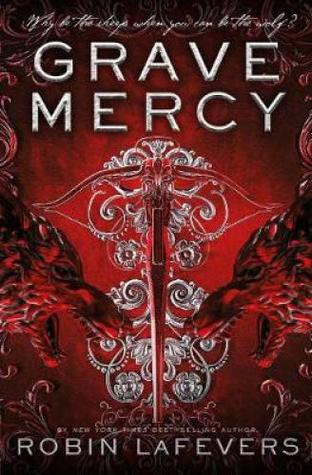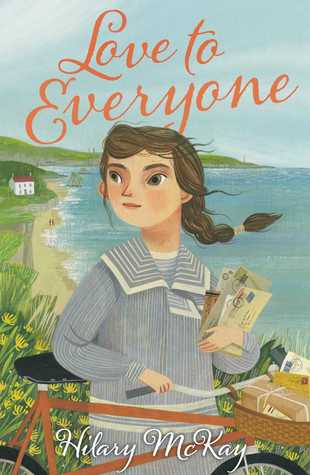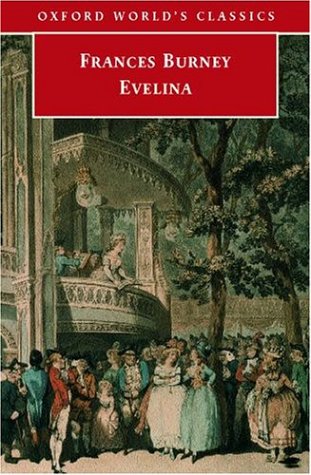The Diary of a Young Girl. Anne Frank (The Definitive Edition). Edited by Otto Frank and Mirjam Pressler. Translated by Susan Massotty. 1947/1996. 352 pages. [Source: Bought]
First sentence (from the foreword): Anne Frank kept a diary from June 12, 1942, to August 1, 1944. Initially, she wrote it strictly for herself. Then, one day in 1944, Gerrit Bolkestein, a member of the Dutch government in exile, announced in a radio broadcast from London that after the war he hoped to collect eyewitness accounts of the suffering of the Dutch people under the German occupation, which could be made available to the public. As an example, he specifically mentioned letters and diaries. Impressed by this speech, Anne Frank decided that when the war was over she would publish a book based on her diary. She began rewriting and editing her diary, improving on the text, omitting passages she didn't think were interesting enough and adding others from memory. At the same time, she kept up her original diary.
Premise/plot: Who doesn't know the story of Anne Frank a teenage girl who went into hiding with her family during the second world war? Still it would be wrong to not try to summarize the book in some way. So here I go...
Anne could be any girl in any place and time. But because she was born a
Jew--because Hitler came to power--her life--her perfectly ordinary
life--was cut short. The Diary of A Young Girl captures both the drama of adolescence on top of extreme political and social upheaval The war. The threat of death. The threat of captivity. The threat of
starvation and disease. But it also captures youth. What it means to be
young, to be at that ever-awkward stage in life, in development. Always a
me-in-the-making, never quite done finding out who you are and what you
believe and what you want out of life. The reader gets a glimpse into the lives of real people through the eyes
of one very young sometimes-mature, sometimes-immature girl.
The book begins in June of 1942. The last entry is in August of 1944. In
these two years, these two turbulent years, Anne and her family and
several other people as well all go into hiding in the Secret Annexe.
Mr. and Mrs. Frank. Margot, the older sister. Mr. and Mrs. Van Daan.
Their son Peter. And Mr. Dussel. Eight people. Cramped living
conditions. This isn't reality TV. This is life and death. Yes, every
person gets super-cranky and super-sensitive. But wouldn't you?
Each entry is a snapshot into that one day, that one hour, that one
moment. When you're young, (and even when you're older and supposedly
all grown up) your mood, your outlook changes moment by moment, day by
day. Happy one minute, miserable the next. Such is the case with Anne.
The Diary of A Young Girl was originally published in Holland in 1947.
It was soon translated into other languages, including English, and
printed in the United States. 1952 is the first publication date for the
United States. Almost from the very beginning, it was recognized as a
good book, a powerful book, a book worthy of time and attention and
respect.
My thoughts: I can't remember if I've ever read the definitive edition before or not. I know I've read the other edition at least twice. It is that other edition that has had an impact on my life. I hate to say this but I think I prefer it. Some entries were just too personal, too much information, too unfiltered.
Perhaps this honesty--this rawness--is to be applauded. But I like the idea of not knowing every single thought someone else has ever had. Some might think that the ability to know someone else's every thought would be a good thing--a way to "really" know someone. But I'm not one of them. There are two extremes--filtering too much and filtering not enough.
Since Anne did not survive the war, we'll never know exactly how she'd have edited or rewritten the entries before allowing the public at large to read them. I'm guessing that things she felt at thirteen or fourteen would have been super-embarrassing and eye-rolling to her by the age she was twenty. If not twenty then definitely by forty. It's hard to look back on those awkward years and embrace them to say I LOVED FEELING THIS WAY. THIS AGE WAS AWESOME. I WISH I COULD GO BACK AND EXPERIENCE ALL THIS AGAIN. I am speaking not of Anne's situation--but generally speaking.
This is just my opinion--take it or leave it--but I think if Anne had lived she'd have wanted to "take back" some of what she wrote before publishing. If Anne had survived and her mother and sister still perished--would she regret all the many, many entries where she was hating on them? In particular her mother. Mother-daughter relationships can be incredibly complex. Any family relationship can be super-intense and complicated. Dysfunction isn't unusual. Add in Anne's awkward age and any 'dysfunction' is magnified a hundred times--if not more. But here's the thing--Anne never got the chance to grow out of this I HATE MY MOTHER stage. Anne never got the chance to know her mother as an adult. To see her through grown-up, mature, fully developed eyes. Anne is forever stuck hating on her mother and despising her. Surely if she'd lived even if driven by nothing else but regret and guilt, she'd not have wanted her super-personal entries about how horrible and terrible her mother was to be made public for all the world to see. One thing that haunted me this time around was wondering--would Anne have made peace with her mother if both had lived and survived the war?
I've been focusing in on her relationships...but there's also the matter of the intimate details that she writes about openly. I prefer the filter of the other book to this in-your-face awkward-bluntness. I am not saying that Anne's curiosity was unnatural or abnormal or immoral or wrong. I'm not. I'm saying that it's too personal to share. There should be a difference of some sort between what you think and keep completely private, what you talk about privately with your closest friends and family, and finally what you make PUBLIC and share with anyone, everyone.
- Paper has more patience than people. (6)
- Memories mean more to me than dresses. (20)
- I get frightened myself when I think of close friends who are now at the mercy of the cruelest monsters ever to stalk the earth. And all because they're Jews. (70)
- No matter what I'm doing, I can't help thinking about those who are gone. I catch myself laughing and remember that it's a disgrace to be so cheerful. But am I supposed to spend the whole day crying? No, I can't do that. This gloom will pass. (70)
- It's not easy being the badly brought up center of attention of a family of nitpickers. In bed at night, as I ponder my many sins and exaggerated shortcomings, I get so confused by the sheer amount of things I have to consider that I either laugh or cry, depending on my mood. Then I fall asleep with the strange feeling of wanting to be different than I am or being different than I want to be, or perhaps of behaving differently than I am or want to be. Oh dear, now I'm confusing you too. Forgive me, but I don't like crossing things out, and in these times of scarcity, tossing away a piece of paper is clearly taboo. So I can only advise you not to reread the above passage and to make no attempt to get to the bottom of it, because you'll never find your way out again. (72)
- Sometimes I'm afraid my face is going to sag with all this sorrow and that my mouth is going to permanently droop at the corners. The others aren't doing any better. Everyone here is dreading the great terror known as winter. (135)
- I cling to Father because my contempt of Mother is growing daily and it's only through him that I'm able to retain the last ounce of family feeling I have left. He doesn't understand that I sometimes need to vent my feelings for Mother. He doesn't want to talk about it, and he avoids any discussion involving Mother's failings. (141)
- I'm the opposite of Mother, so of course we clash. I don't mean to judge her; I don't have that right. I'm simply looking at her as a mother. She's not a mother to me--I have to mother myself. I've cut myself adrift from them. I'm charting my own course, and we'll see where it leads me. I have no choice, because I can picture what a mother and a wife should be and can't seem to find anything of the sort in the woman I'm supposed to call "Mother." (141)
- The worst part is that Father and Mother don't realize their own inadequacies and how much I blame them for letting me down. Are there any parents who can make their children completely happy? (141)
- In recent weeks I've developed a great liking for family trees and the genealogical tables of royal families. I've come to the conclusion that once you begin your search, you have to keep digging deeper and deeper into the past, which leads you to even more interesting discoveries. (176)
- So should I actually feel more sympathy for Mother? Should I help her? And Father? -- I can't. I'm always imagining another mother. I just can't. How could I? (186)
- Seriously, though, ten years after the war people would find it very amusing to read how we lived, what we ate and what we talked about as Jews in hiding. Although I tell you a great deal about our lives, you still know very little about us. (245)
- I know I can write. A few of my stories are good, my descriptions of the Secret Annex are humorous, much of my diary is vivid and alive, but...it remains to be seen whether I really have talent. (250)
- I always used to bemoan the fact that I couldn't draw, but now I'm overjoyed that at least I can write. And if I don't have the talent to write books or newspaper articles, I can always write for myself. But I want to achieve more than that. I can't imagine having to live like Mother, Mrs. van Daan and all the women who go about their work and are then forgotten. I need to have something besides a husband and children to devote myself to! I don't want to have lived in vain like most people. I want to be useful or bring enjoyment to all people, even those I've never met. I want to go on living even after my death! And that's why I'm so grateful to God for having given me this gift, which I can use to develop myself and to express all that's inside me! When I write I can shake off all my cares. My sorrow disappears, my spirits are revived! But, and that's a big question, will I ever become a journalist or a writer? (251)
- We've been strongly reminded of the fact that we're Jews in chains, chained to one spot, without any rights, but with a thousand obligations. We must put our feelings aside; we must be brave and strong, bear discomfort without complaint, do whatever is in our power and trust in God. One day this terrible war will be over. The time will come when we'll be people again and not just Jews. Who has inflicted this on us? Who has set us apart from all the rest? Who has put us through such suffering? It's God who has made us the way we are, but it's also God who will lift us up again. (262)
- One of the many questions that have often bothered me is why women have been, and still are, thought to be so inferior to men. It's easy to say it's unfair, but that's not enough for me; I'd really like to know the reason for this great injustice! (319)
- It's a wonder I haven't abandoned all my ideals, they seem so absurd and impractical. Yet I cling to them because I still believe, in spite of everything, that people are truly good at heart. It's utterly impossible for me to build my life on a foundation of chaos, suffering and death. (333)
© 2019 Becky Laney of
Becky's Book Reviews

